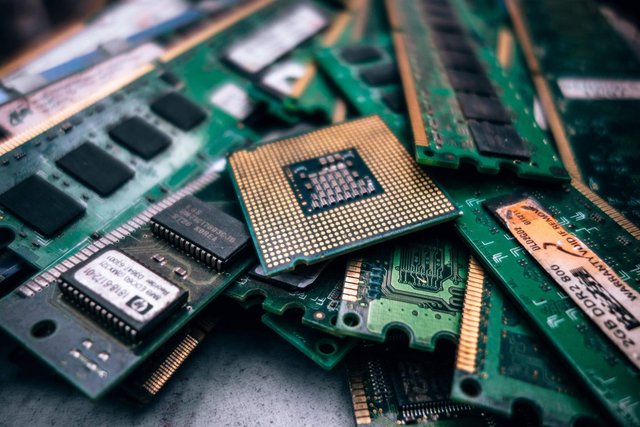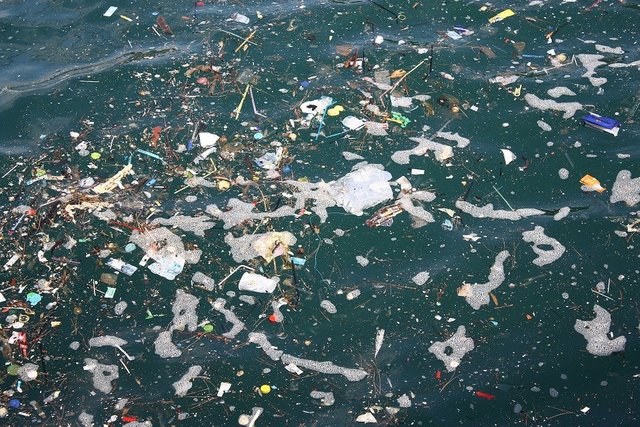
CONTENT
On a global scale there are thousands of environmental awareness campaigns, but the reality is that behind each initiative there are detractors who end up liquidating the good intentions in favor of Mother Nature and our own well-being.
The world is going through its worst moment ecologically, week after week there are alarming news of disasters that hit countries in most continents, from heavy and torrential rains that trigger floods, to tornadoes and hurricanes that destroy sophisticated buildings.
However, beyond the topics mentioned in the first two paragraphs, this time I would like to touch on a topic that is not very explored, such as e-waste pollution and its impact on ecosystems and aquatic health, which in the end ends up affecting the aquatic food we usually eat.

Yesterday I read an extraordinary thoughtful article, where the following questions were raised: Who doesn't have a cell phone, a tablet and even an electric car? Who doesn't complain when their electronic devices start to charge worse and their battery life decreases? How often do we change our electronic devices?
The answers to these questions are quite obvious, since our society is generally accelerating the massive consumption of electronic products, to the point of frequently changing these products before their useful life expires, an element that ends up creating millions of tons of electronic waste that end up in natural aquatic systems.
According to scientific assessments, this electronic waste contains toxic substances that contaminate millions of fish around the world, therefore, it is assumed that this electronic waste could be a possible vector of heavy metal contamination at the marine level, mainly in the coasts of Africa and Europe.

SOURCES CONSULTED
➊ Bhutta K Electronic Waste: A Growing Concern in Today's Environment. Link

OBSERVATION:
The cover image was designed by the author: @lupafilotaxia, incorporating the public domain image background: Source / Author: Elytus

